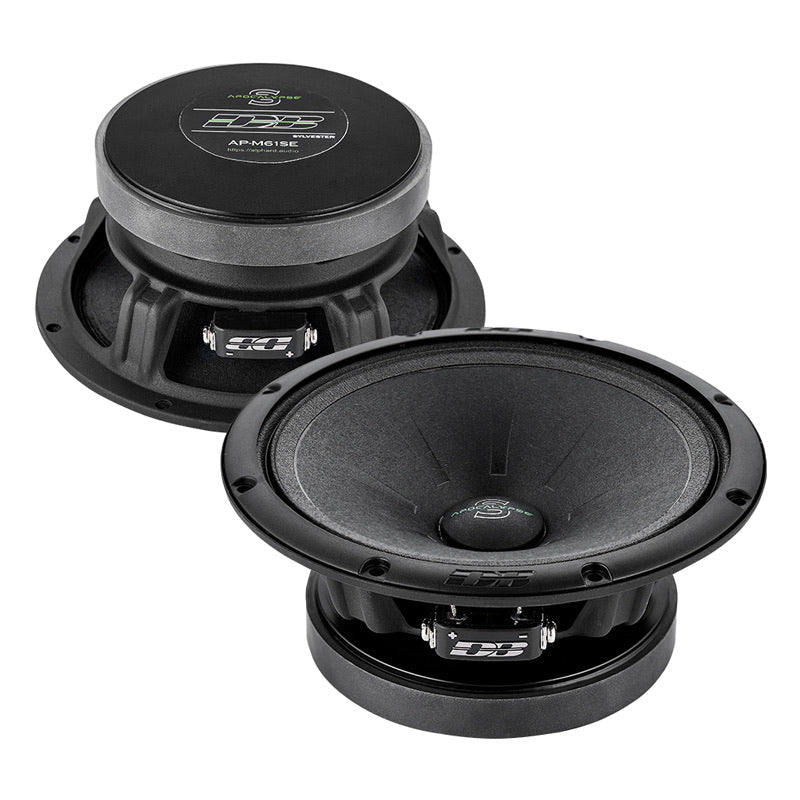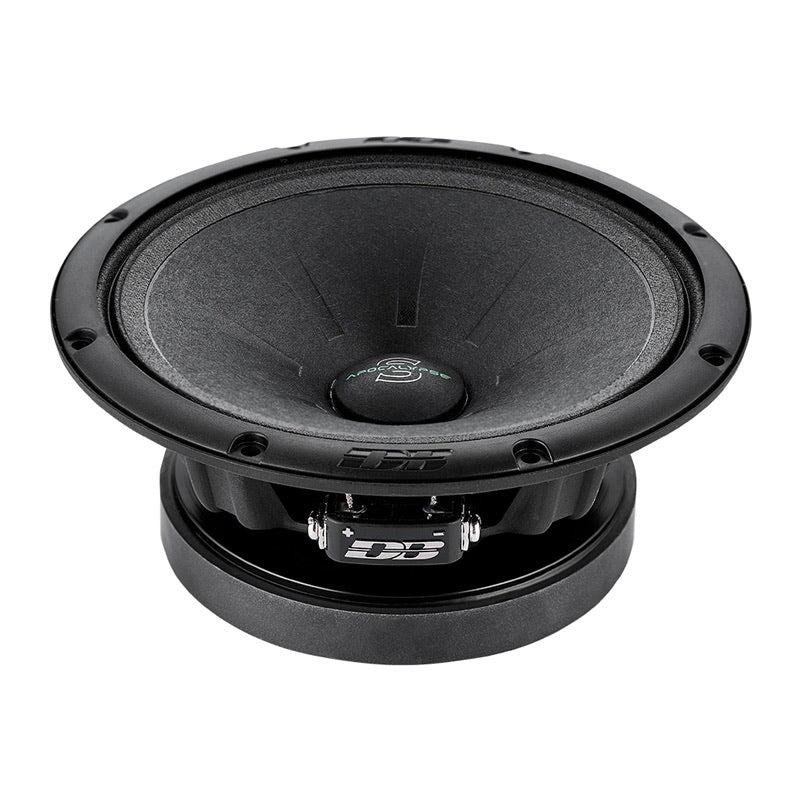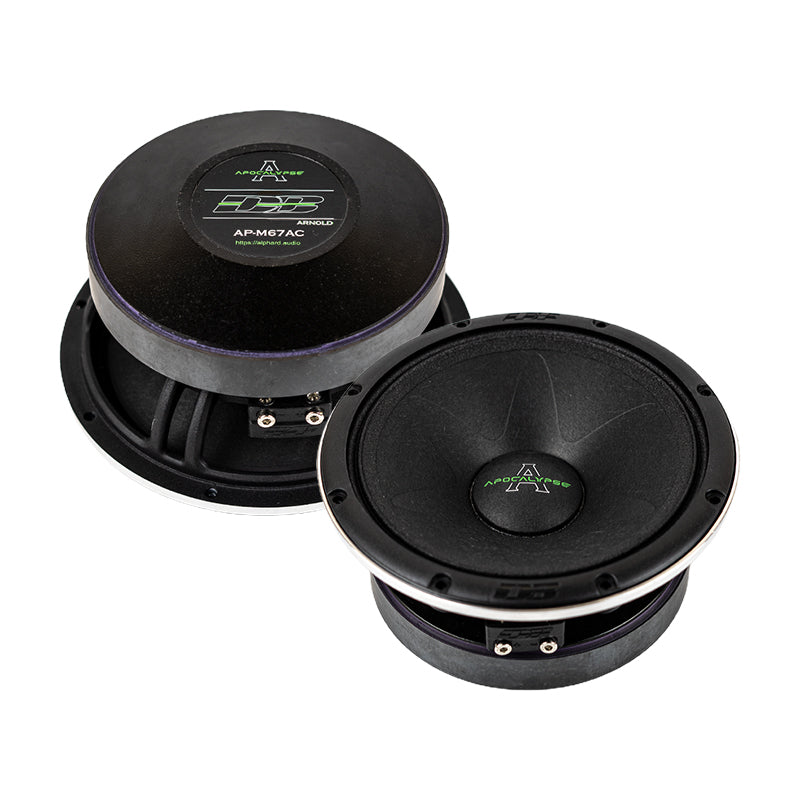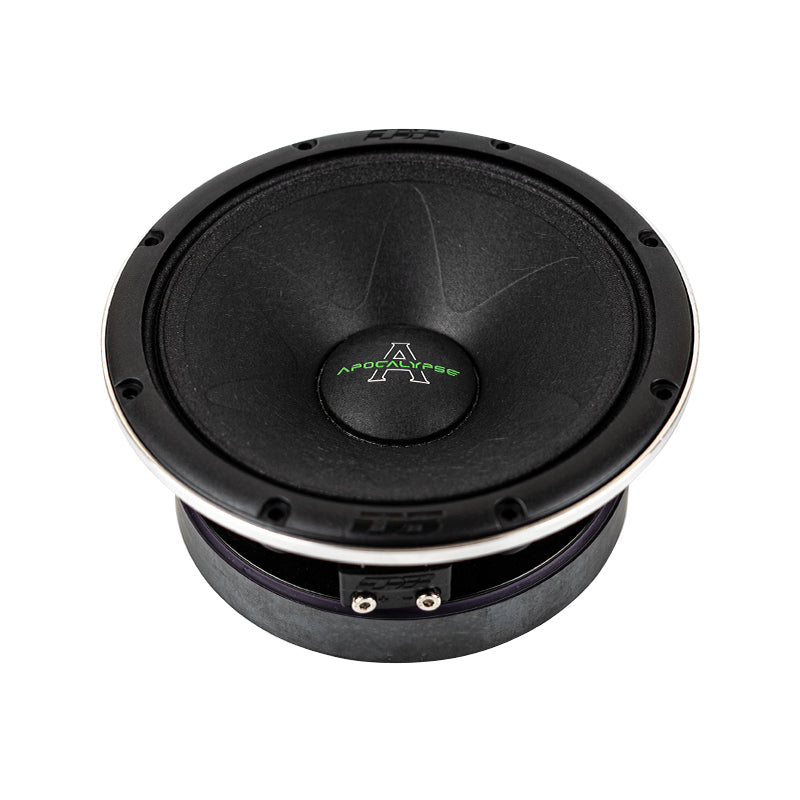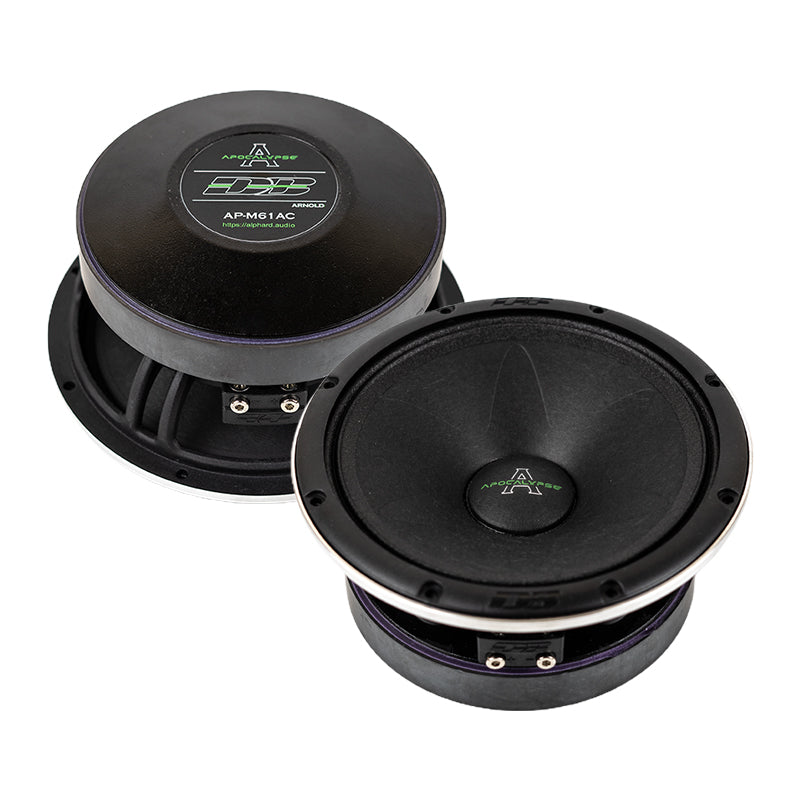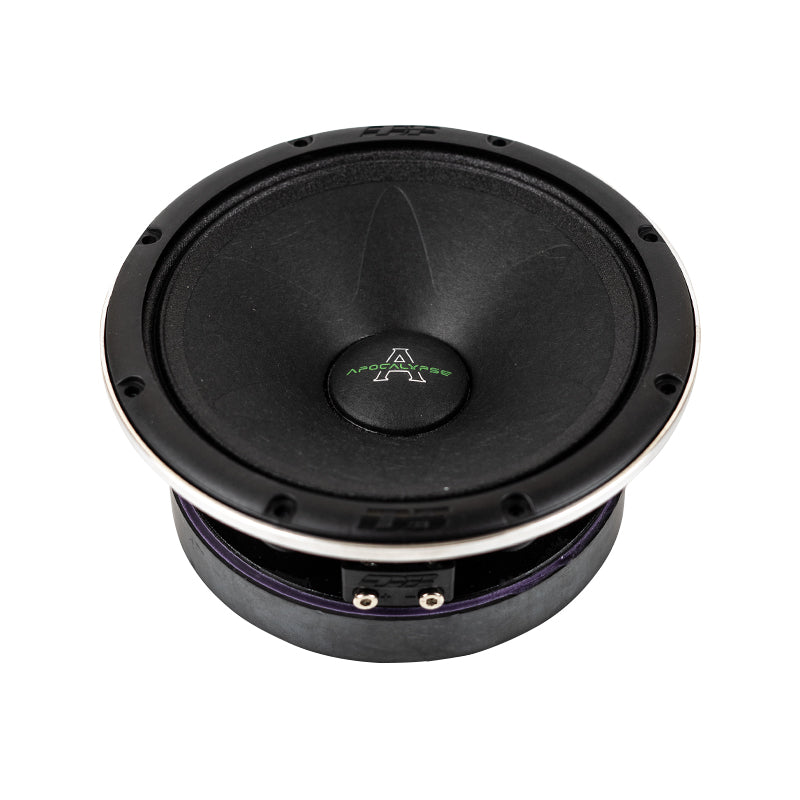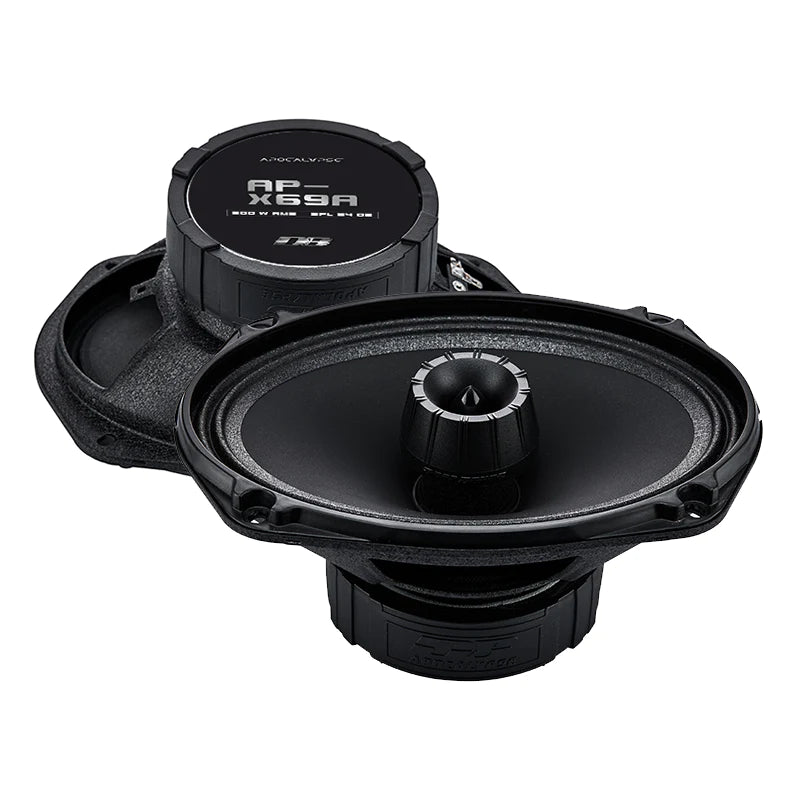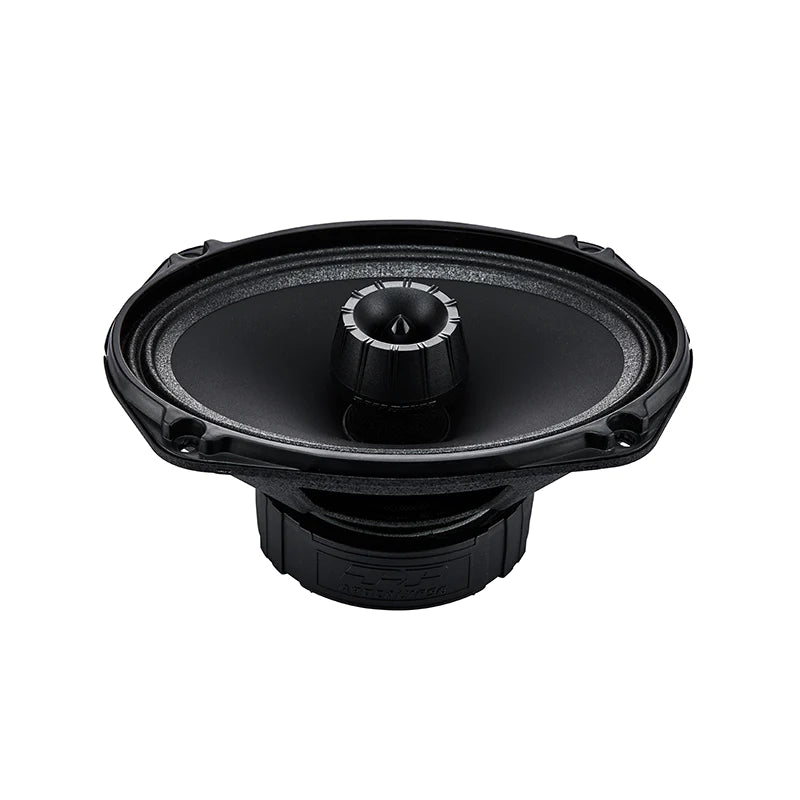Car sound lovers are aware that any powerful system must have a solid foundation. Although amplifiers, speakers and subwoofers receive the attention, the battery is what keeps the whole system operating at optimum level. The best sound system is no good without a dependable power source to deal with fading lights, low bass or even cutouts.
Over the past few years, the technology of lithium has become a legitimate competitor in car audio systems. However, does a lithium based car audio battery really possess a future, or is it a fad? We are going to examine what makes them unique, how they compare to conventional alternatives and whether they are the most desirable battery by sound system enthusiasts trying to achieve clean, powerful and uninterrupted performance.
Rise of Lithium Technology
Lithium batteries have been around for years in electronics, power tools, and electric vehicles. In recent times, they have begun to make inroads into the car audio division. Lithium batteries are based on the chemistry of lithium iron phosphate (LiFePO4), unlike traditional lead-acid or AGM batteries, which provides high energy density, efficiency and durability.
Lithium batteries provide significant benefits to more serious audio constructions with a requirement to maintain consistent voltage. Rather than deal with the voltage sag that occurs when playing loud bass notes, these batteries maintain charge more consistently and this allows amplifiers and subwoofers to perform to their best ability.
Lithium vs. Traditional Car Audio Batteries
To see if lithium is the future, it helps to compare them with the traditional options most car audio users are familiar with:
|
Feature |
Lead-Acid |
AGM (Absorbed Glass Mat) |
Lithium (LiFePO4) |
|---|---|---|---|
|
Weight |
Heavy |
Slightly lighter |
Extremely lightweight |
|
Power Output |
Limited under load |
Better than lead-acid |
Consistent and high |
|
Lifespan |
3–5 years |
4–6 years |
8–10 years |
|
Charging Speed |
Slow |
Moderate |
Very fast |
|
Maintenance |
Requires care |
Low maintenance |
Virtually none |
|
Price |
Cheapest |
Mid-range |
Higher upfront cost |
Lead-acid and AGM have been stable options over the decades but lithium batteries are evidently an efficient and better choice with a longer life and performance. The higher start-up cost is the only obstacle to many.
Benefits of Using Lithium Batteries for Car Audio
Drivers considering a lithium battery for car audio will notice several key advantages:
1. Consistent Voltage
Lithium batteries provide steady voltage even under high power demands. This means your amplifiers won’t lose performance when the bass hits hard.
2. Lightweight Build
Lithium batteries are significantly lighter than lead-acid or AGM options, reducing strain on your vehicle. This is especially useful for competitive car audio setups where weight savings matter.
3. Long Lifespan
Properly maintained lithium batteries can last nearly twice as long as traditional alternatives, making it a cost-effective investment in the long run.
4. Fast Charging
Lithium technology supports quicker charging cycles, reducing downtime and keeping your system ready to go.
5. Eco-Friendly Design
Lithium batteries are more environmentally friendly compared to lead-based options, as they don’t contain toxic heavy metals.
Potential Drawbacks to Consider
Lithium batteries have their advantages, but they are not the right choice in all car audio lovers. Some challenges include:
-
Higher Cost: The upfront price is significantly more than AGM or lead-acid.
-
Compatibility: Not all charging systems are designed for lithium technology, meaning some vehicles may require alternator upgrades or additional hardware.
-
Temperature Sensitivity: Lithium batteries perform best within moderate temperature ranges. Extreme cold or heat can affect efficiency.
For those willing to make the investment, however, these issues are often outweighed by the long-term benefits.
Best Use Cases for Lithium in Car Audio
Lithium batteries shine brightest in setups where audio power demand is high. They are ideal for:
-
Competition-level builds with multiple amplifiers and subwoofers
-
Daily drivers where consistent performance is desired without dimming lights
-
Show cars that need reliable, lightweight power sources
-
Off-grid systems where fast recharging is necessary
If your sound system pushes beyond the capabilities of traditional batteries, a lithium upgrade could be the smartest move.
How to Choose the Best Battery for Sound System Performance?
When deciding on the best battery for sound system setups, consider these factors:
-
System Power Requirements – Match your battery capacity to your amplifier wattage. Higher wattage systems will drain weaker batteries quickly.
-
Vehicle Alternator Output – Ensure your alternator can support the changing needs of a lithium battery. In some cases, a high-output alternator may be required.
-
Space and Weight – Lithium’s compact size and light weight make it easier to install in tight spaces.
-
Budget – While lithium is more expensive initially, its long lifespan makes it more cost-effective over time.
Tips for Maximizing Lithium Battery Performance
If you decide to make the switch, follow these practices to get the most out of your investment:
-
Install a proper battery management system (BMS): This prevents overcharging or deep discharging, protecting your battery.
-
Pair with a quality alternator or charger: Ensures fast, safe recharging.
-
Avoid extreme conditions: Protect the battery from excessive heat or freezing temperatures.
-
Check wiring and grounds: Good connections reduce strain and voltage drops.
Why Lithium Could Be the Future of Car Audio Power
Technology in car audio has been developing, and there is more demand than ever to have clean and consistent power. The more powerful the amplifiers are and the more complex the system, the more the traditional batteries lag behind. Lithium with its efficiency, lifespan and lightweight is a parody of the next generation of enthusiasts.
Although increased initial cost is an obstacle, an increasing number of manufacturers currently produce lithium solutions of lower cost. As the price decreases and compatibility increases over time, lithium will probably take over the high-performance audio builds.
To those who are serious in getting the best sound possible, then a lithium battery for car audio could probably be the smartest thing on the market.
Be it a more powerful bass or increased reliability or cutting down on weight, the decision of which battery to use to make the sound system perform better, might be the move to lithium. Considering the advantages that the increased number of drivers enjoy, it is becoming apparent that lithium batteries are not merely a fad, but rather, as a matter of fact, what car audio power ought to be.


